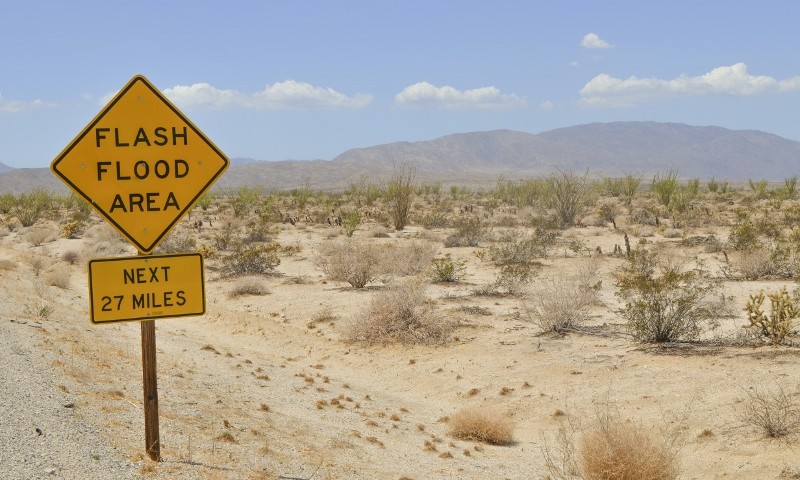Reflections
Two of our Foundations alumnae, Kim and Elizabeth, have graciously offered to share some of their thoughts, questions, and insights on their journey with God. Enjoy!
* * *
Post from Elizabeth
I loved summers on my childhood street. My neighborhood friends and I would race bikes up and down the street, from one end to the other, while our parents visited with each other on their front porches. Other times, we would awaken early in the morning to start a fort-building project in the woods behind my house, using old splinter-filled boards discarded from work sites. And other times, we would go fishing on the lake across the street, “borrowing” the Barker’s canoe. We would catch bass of all sizes, which we were certain our mothers would love to clean and cook for us…which they never did.
We would run and play all day — bicycles, mini bikes, go-carts, fishing, fort-building, and elaborate daydreaming. We messed up a lot — tracking mud in each other’s houses, forgetting to tie up the canoe, leaving buckets of fish on the back porch, and occasionally suffering an injury that required more than a wrinkled Band-Aid found in someone’s pocket. The street lights indicated when the day was over, and we all would race back to our respective homes before the last street light came on. And in the morning, we got to start again.
I think God delights as we participate in the Kingdom in much the same way — with abandon, paying no attention to time constraints, knowing that sometimes (often) we will mess up, and sometimes (often) we will mess up mightily. But there is always grace in those moments. And when God re-awakens me to the truth that God is present and active in every moment, I am reminded of the feeling of racing my bike on a warm summer’s day, filled with the joy that comes from being free and deeply loved.
* * *
Post from Kim
Back in the 1970’s, the kids at my school bolstered their reading skills with a colorful array of paper-backed books bearing the innocuous-enough name “SRAs.” To this day, I have no idea what those letters stand for. However, I do know that for any child struggling with fluency, they might as well have been the “KJV”.
In an outrageous act of grace, I haven’t considered SRAs in decades.
The protocol was simple enough: you were to saunter over to the wooden-tiered SRA display module, pull a book from your assigned color level, read, answer 5 or 6 dopey questions, then repeat until you’d read all the books in the passel. At that auspicious moment, a student was promoted, with far too much pomp and circumstance if you ask me, and assigned a new color swatch. The hefty volumes were on the right and the skinny pamphlet-like ones were on the left. All well intentioned…I suppose.
The fact that the books were cloaked in color-language did nothing to disguise the true identity of the “Slow Readers.” For us, leaving the SRA center was a walk of shame, followed by an interminable bout of linguistic grappling, distraction and self-doubt. Children from the rest of the spectrum—“gold,” “orange,” “brown”—casually winked to one another as they glided by. I remained on the carpet with my ridiculous stop-light-red pamphlet, head bowed more out of shame than concentration.
I’m pretty sure I never extracted myself from the red section. The data were clear. I was so deficient, as to warrant intermittent expulsion from class to attend personalized “Extra Help” sessions for “EXTRA Slow Readers”…apparently. As it turned out, the internal labels were worse, far less politically correct: “stupid,” “hopeless,” “idiot,” “reject.”
The worst of it came one morning in the lower school library. As we sat in a semi-circle, our grandmotherly librarian delivered the news. From that day on, the orange-bound biographies on the lower shelf, behind the door, were strictly off limits to my reading group. So exclusive were these volumes that students like me were never allowed to check them out. Those books held stories about amazing people: Helen Keller, Thomas Edison, Amelia Earhart, Thomas Jefferson…and they were forbidden.
So, this is where the story improves dramatically. This is where grace arrives and hope becomes so hardy that even SRAs cannot wring the life out of it.
My otherwise docile, book-loving mother was horrified by the new rule. She fumed all the way to the public library and down the long hall to the children’s section. Like a mama duck she led me straight to the shelf of orange-bound biographies. She flung her arms wide and said with confidence and defiance: “You may have as many of these as you want.”
Every story in those volumes spoke of redemption.
I feel the same way about God.
Even here in our privileged part of the globe, by all outward appearances, the sections have been assigned anew. The golden group seems to enjoy unusually good health, summers in comfortably tropical regions, siblings who don’t drink too much, winning lottery tickets, kids with straight teeth. You know these people. Perhaps you are these people…for now.
Meanwhile, many of us struggle—as the divorce is finalized, dreams shatter, disease progresses, careers falter, a teenager remains unreachable, memory fades. We slump on the carpet wondering how we ended up so: “stupid,” “hopeless,” “idiotic,” “rejected.”
But, here’s the kicker—although you’re still right there on the carpet, God joins you and shares your pain: kneels on the bathroom floor outside the radiation lab, sobs in the parking lot of the methadone clinic, paces outside the courtroom, and hides in the guest room over Thanksgiving.
God peels off labels to reveal our true identities: “Beloved Children of God.” He leads us to the bookshelf of boundless love, throws His arms wide, and loads our backpacks with all the volumes we could ever want.
Thanks be to God.
